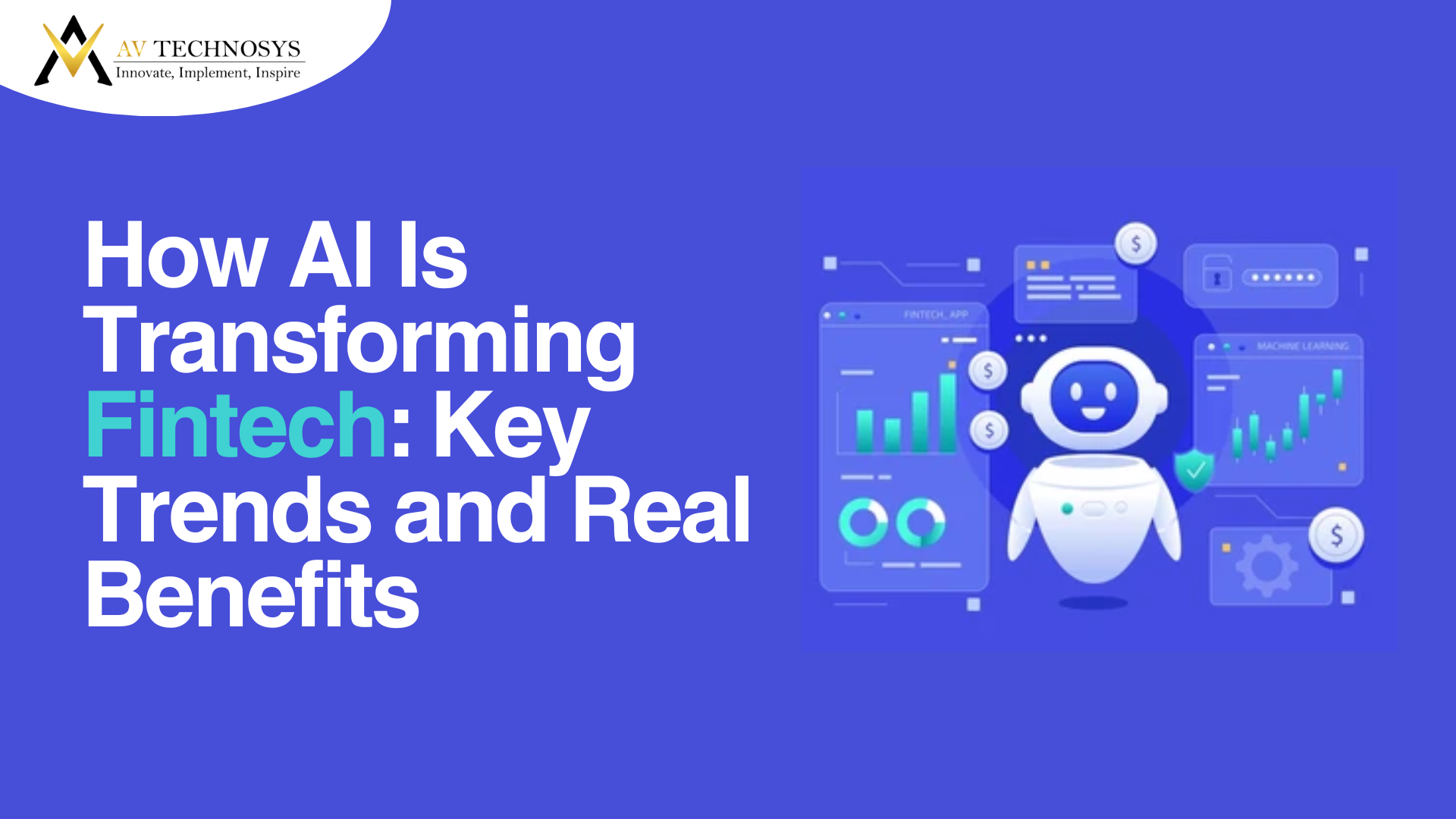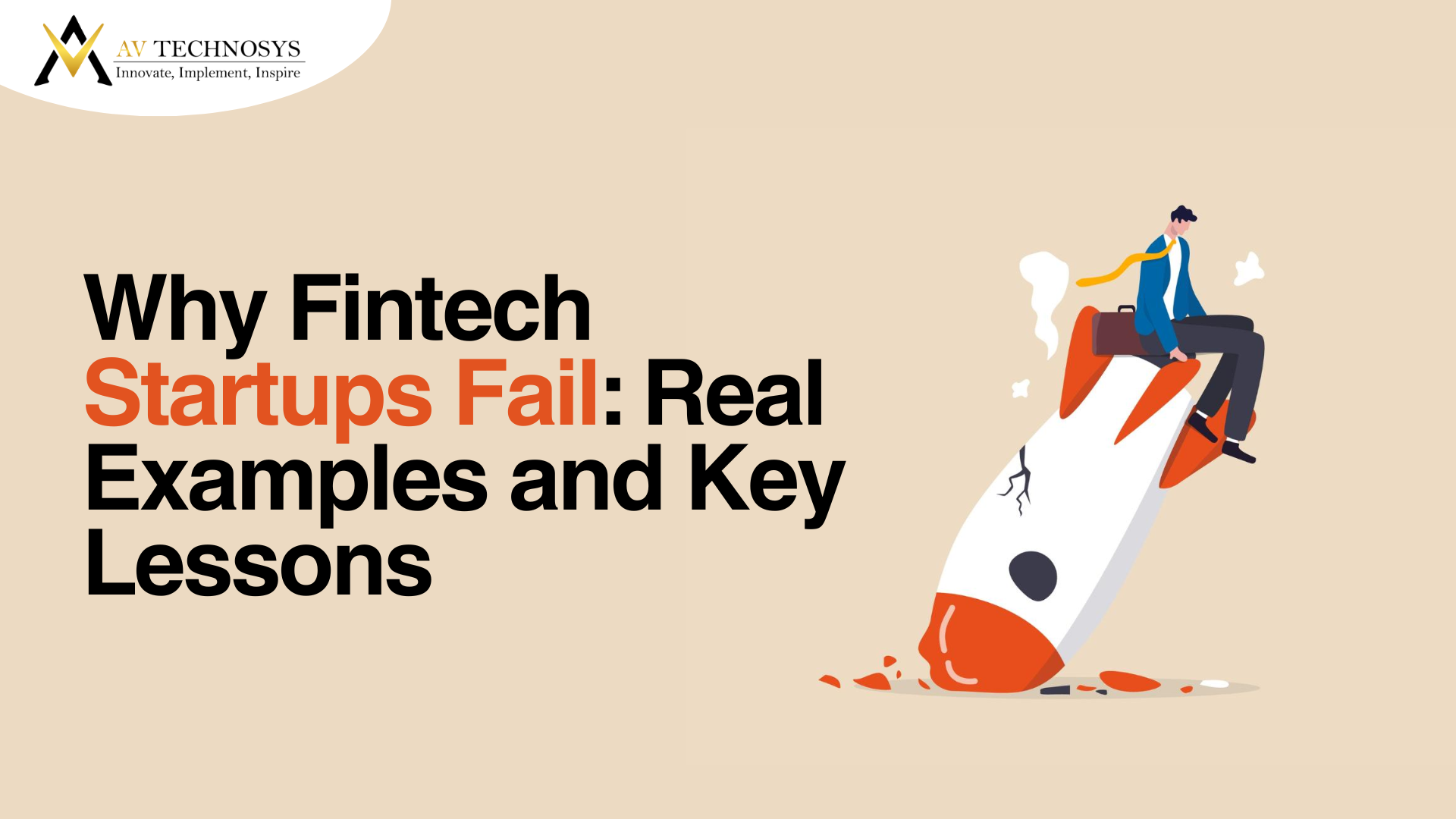How Regulatory Changes Will Impact Fintech in 2025
Explore how new regulatory changes will shape the future of fintech in 2025 and beyond.


Fintech
As we step deeper into the digital finance revolution, regulation is fast becoming the defining factor in how fintech companies operate, scale, and innovate. In 2025, a wave of regulatory changes is set to reshape the fintech landscape globally. These changes come in response to the explosive growth of decentralized finance (DeFi), the rise of AI-powered financial tools, and the increasing risk of cyber threats and financial fraud.
Governments and regulatory bodies are working double-time to catch up with the rapid pace of innovation, creating new opportunities and fresh challenges for fintech companies. Whether you’re a startup founder, investor, developer, or financial professional, understanding how these regulatory shifts will impact fintech in 2025 is crucial to staying ahead.
Why Regulation Matters More Than Ever in 2025
The fintech industry thrives on disruption, but with disruption comes complex risk, from data breaches to financial crimes and consumer protection issues. Regulatory frameworks provide structure, stability, and trust, which are essential for long-term growth.
2025 is a turning point:
Global fintech revenue is projected to reach $400 billion, making oversight essential.
Consumer use of AI-driven tools is growing, prompting ethical and legal scrutiny.
CBDCs (Central Bank Digital Currencies) and crypto assets are pushing traditional and digital boundaries.
As such, regulators are no longer merely reacting; they're proactively shaping the future of fintech.
1. Tightening of AI and Automated Decision-Making Rules
One of the biggest areas of regulatory focus in 2025 is AI in fintech. As AI-driven algorithms decide who gets loans, what interest rates apply, or how portfolios are managed, the transparency and fairness of these systems are under review.
Key Regulatory Trends:
Algorithm Audits: Regulators are requiring fintech companies to conduct regular third-party audits of AI models to check for bias and compliance.
Explainability Mandates: Companies must now explain AI decisions to customers in plain language.
Opt-Out Rights: Consumers are gaining the legal right to opt out of fully automated decision-making.
Impact:
Compliance costs will rise as companies need to redesign AI systems with built-in transparency.
Ethical AI becomes a competitive differentiator, not just a legal requirement.
2. Stricter KYC and AML Standards
The global fintech ecosystem is becoming increasingly interconnected, but that also means a wider surface area for fraud. Know Your Customer (KYC) and Anti-Money Laundering (AML) regulations are becoming more sophisticated in 2025.
What’s Changing:
Real-time KYC through biometric and blockchain-based ID verification is becoming mandatory in many regions.
Cross-border fintech platforms must synchronize AML data sharing with international watchdogs like FATF.
Greater emphasis is placed on continuous monitoring, not just one-time verification.
Impact:
Enhanced compliance means safer systems, but slower onboarding.
Fintechs that leverage RegTech (Regulatory Technology) will gain a major edge in maintaining seamless yet compliant user experiences.
3. Global Crypto and DeFi Regulations Get Concrete
2025 marks the first major wave of synchronized crypto regulations across major financial centers. After years of ambiguity, regulators are now providing clear (yet strict) frameworks for crypto assets and decentralized finance.
Major Developments:
The EU’s MiCA framework (Markets in Crypto-Assets) is fully in effect, setting strict licensing and reserve requirements for stablecoins.
The U.S. is implementing the Digital Asset Regulation Act (DARA) to bring clarity to security tokens, DAOs, and NFT-based financial instruments.
India, Brazil, and South Korea have launched licensing models for crypto exchanges with real-time surveillance and tax automation.
Impact:
Legitimacy: Institutional adoption of DeFi and crypto increases under regulatory cover.
Cost: Compliance burdens may push out smaller players or force consolidation.
Innovation Shift: More development may move toward regulated hybrid models that combine decentralization with compliance.
4. Open Banking 2.0 – Expanding Consumer Rights
Open banking has evolved rapidly since its early adoption in Europe and parts of Asia. In 2025, the second generation of open banking regulations, sometimes referred to as “Open Finance”, expands the scope beyond banks to include investment platforms, insurers, and even payroll processors.
Key Features:
Consumers will control not just account data, but investment history, credit scores, insurance premiums, and more.
Mandatory data portability across all major financial apps and platforms.
Enhanced API standards and tighter developer compliance requirements.
Impact:
Fintech apps will be able to offer hyper-personalized services, but must handle more sensitive data with extreme care.
Smaller fintech firms may struggle with compliance and technical upgrades.
Consumers benefit from greater control and transparency, making trust a key business currency.
5. CBDCs and Digital Currency Regulation
Central Bank Digital Currencies (CBDCs) are becoming a tangible reality in 2025. Over 130 countries are actively exploring or piloting CBDCs, and regulators are laying the groundwork to integrate them with existing fintech ecosystems.
What’s Happening:
China’s e-CNY, Europe’s Digital Euro, and India’s Digital Rupee are rolling out at scale.
Fintech platforms are being required to support CBDC wallets and transactions, with built-in traceability.
Regulatory sandboxes are enabling experiments in programmable money, especially for welfare distribution, taxation, and B2B transfers.
Impact:
Fintechs that embrace CBDC integration early will access new user bases and government partnerships.
Privacy and surveillance concerns will force companies to reassess data policies.
There may be a reduction in stablecoin usage if CBDCs dominate digital cash use cases.
6. Cross-Border Compliance Complexity Increases
In 2025, fintech is truly global, but regulation is still fragmented. Companies operating across multiple jurisdictions now face increased scrutiny and complex legal landscapes.
Changes to Note:
Introduction of global compliance passports, starting with partnerships between the UK, Singapore, and the UAE.
More countries are demanding data localization, affecting cloud-based fintech services.
New tax frameworks are being designed to close loopholes in digital services revenue reporting.
Impact:
Fintechs must now invest in multi-jurisdiction compliance systems or risk penalties.
Global expansion becomes more expensive, but potentially more rewarding if executed correctly.
Legal and compliance teams will play a bigger strategic role in fintech companies.
7. Regulatory Support for Green & Ethical Fintech
Sustainability is no longer a buzzword; regulators are actively encouraging ESG-focused fintech innovation.
New Initiatives:
Launch of green fintech sandboxes in the EU, UK, and parts of Asia.
Requirements for fintechs to disclose the carbon footprints of investment products or payment systems.
Preferential tax treatment and funding for ethical and inclusive financial products.
Impact:
ESG compliance becomes a key branding and investment strategy.
Rise in climate-focused neobanks, impact investing platforms, and carbon footprint tracking apps.
Regulatory alignment with sustainability goals offers a clearer path to funding and approval.
Conclusion
In 2025, regulatory change isn’t just a hurdle; it’s a powerful driver of innovation, trust, and long-term success in the fintech space. As rules around AI, crypto, open banking, and digital compliance continue to evolve, fintech companies must shift from a reactive mindset to a proactive approach. Those who embrace regulation early, build transparency into their systems, and align with global compliance standards will stand out in a highly competitive market.
At AV Technosys, we understand the shifting regulatory landscape and offer secure and scalable technology solutions to help fintechs thrive in this new era. Whether you're looking to build a new platform, modernize your compliance infrastructure, or expand into global markets, our expert team is here to support your journey.
Ready to innovate with confidence and stay ahead of compliance in 2025?
Partner with AV Technosys where technology meets trust.
FAQs
Q1. Why are regulatory changes important for fintech in 2025?
Regulatory changes in 2025 are crucial as they aim to ensure consumer protection, prevent fraud, and bring clarity to emerging technologies like AI, crypto, and DeFi. They shape how fintech companies operate, innovate, and scale globally.
Q2. How will AI regulations impact fintech companies?
AI regulations will require fintechs to make their automated decisions transparent, reduce algorithmic bias, and give users more control. This ensures ethical use of AI in credit scoring, wealth management, and fraud detection.
Q3. What role does KYC/AML play in the new regulatory landscape?
KYC (Know Your Customer) and AML (Anti-Money Laundering) standards are tightening to combat identity theft and money laundering. Fintechs will need real-time verification tools and stronger monitoring practices.
Q4. Will crypto and DeFi still grow under stricter regulations?
Yes, regulation will likely boost trust and institutional investment in crypto and DeFi. While some players may exit due to compliance costs, overall growth will be more stable and secure.
Q5. What is Open Finance, and how does it differ from Open Banking?
Open Finance is an evolution of Open Banking. It expands data-sharing beyond banks to include insurance, investments, and credit giving consumers more control over their entire financial life.
📬 Get in Touch With Us
Name
Mobile No.
Message
Our Latest Blogs
Get the most recent information on trends, technology, and development insights.
View All Blogs

Ashish Bishnoi
07-05-2025
Discover how AI is reshaping fintech with key trends and real-world benefits driving innovation in 2025.

Veer choudhary
11-05-2025
Learn why fintech startups fail with real examples and key lessons to build smarter in 2025.

Ashish Bishnoi
12-05-2025
Explore the top 10+ food delivery apps in Dubai offering fast, reliable, and tasty service in 2025.
Our Technology Experts Are Catalysts for Digital Transformation
Book a Free call with Our Experts and Start Building the Future Today.

INDIA
238, 2nd floor, Purani Chungi,
DCM Road, Vaishali Nagar,
Jaipur, Rajasthan, 302017
+91 9983034111

UK
1-3 St Nicholas Street Worcester
WR1 1UW, United Kingdom
+44 7470994018

UAE
M01, AL Mulla Building 2,
Near Burj Nahar Mall, Deira, Dubai
+971 521665467







